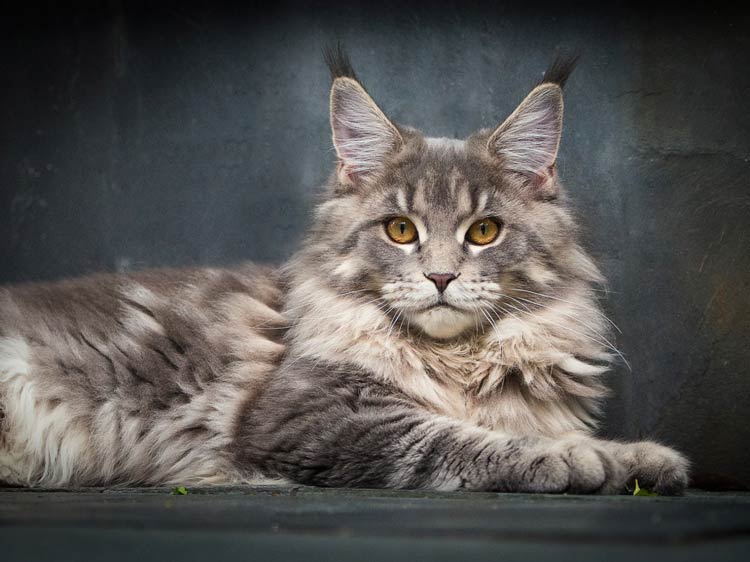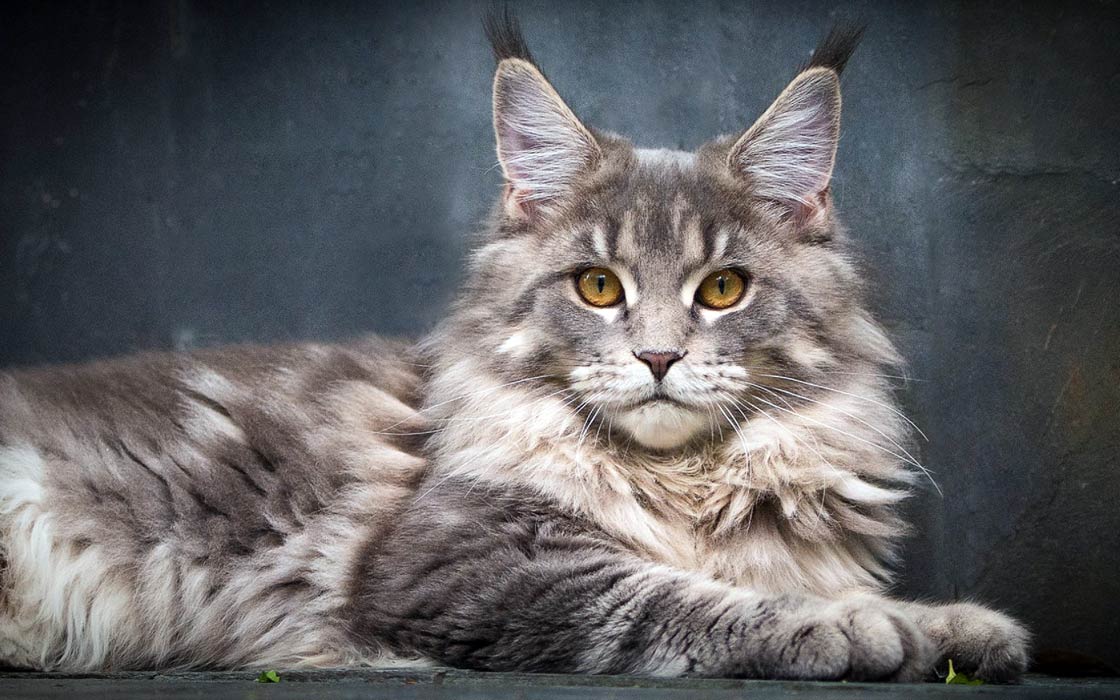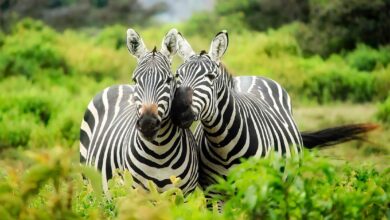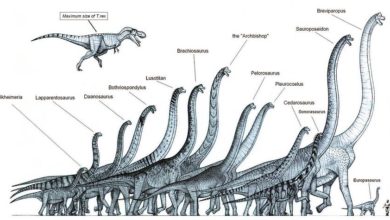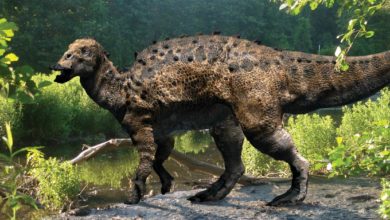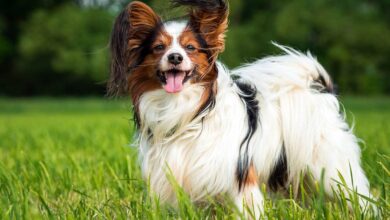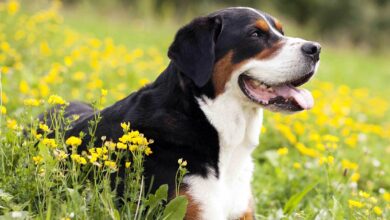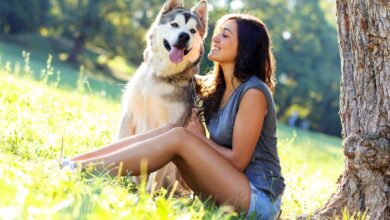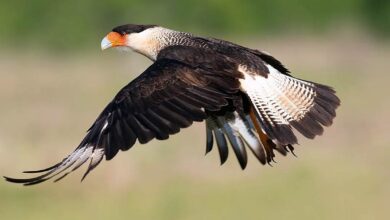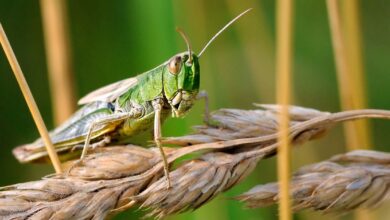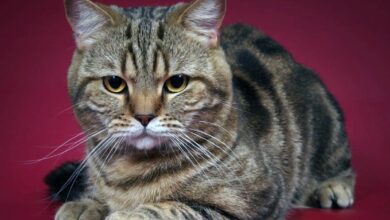Caring for a Full Grown Maine Coon Cat: Tips and Advice
The Maine Coon cat breed is one of the most beloved and recognizable in the feline world. Known for their impressive size, friendly demeanor, and luxurious fur, these cats are a joy to own. However, caring for a full grown Maine Coon cat requires specific knowledge and attention to ensure they live a healthy, happy life. In this article, we’ll explore the essential tips and advice for taking care of your majestic Maine Coon, including understanding their unique characteristics, dietary needs, grooming, and health considerations. Whether you’re new to the breed or have a Maine Coon cat full grown, this guide will provide valuable insights.
Understanding the Maine Coon Cat Breed
History and origin
The Maine Coon cat breed has a fascinating history that dates back to the early 19th century. Originating from the state of Maine in the United States, these cats were initially kept as working cats on farms and ships due to their excellent hunting skills. Some legends suggest that Maine Coons are descendants of long-haired cats brought to America by Vikings, while others believe they were pets of Marie Antoinette sent to the New World. Regardless of their true origins, Maine Coons have become a cherished breed known for their robustness and adaptability.
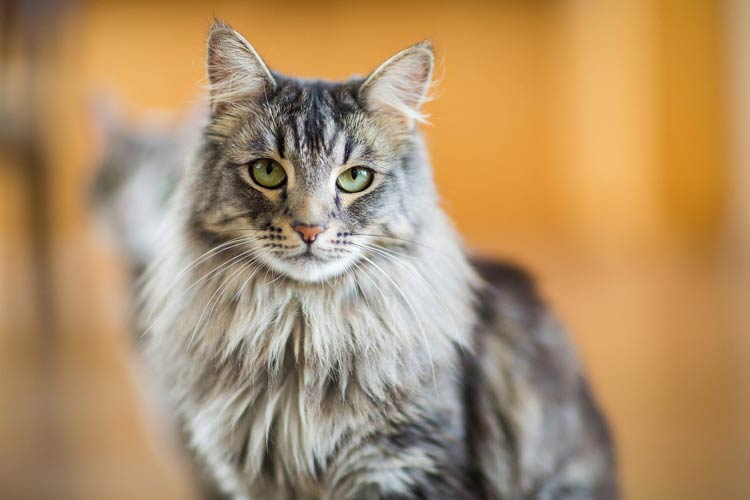
Distinctive characteristics
What sets the Maine Coon apart from other cat breeds is their distinctive appearance and friendly personality. Full-grown Maine Coons are one of the largest domestic cat breeds, with males weighing from 8.2 to 10.0 kg (18 to 22 lb) and females weighing from 5.4 to 6.8 kg (12 to 15 lb). Their bodies are muscular and well-proportioned, and they have a long, bushy tail, tufted ears, and large, expressive eyes that exude intelligence and curiosity.
Physical characteristics of full-grown Maine Coon cats
Size and appearance
When fully grown, Maine Coons are truly impressive in size and stature. They can reach lengths of up to 97 cm (38 in), including their tail, and stand about 10 to 16 inches tall at the shoulder. Their coat is another standout feature, consisting of a dense undercoat and a longer, water-resistant top coat that can come in various colors and patterns. This luxurious fur not only adds to their majestic appearance but also serves as protection against harsh weather conditions.
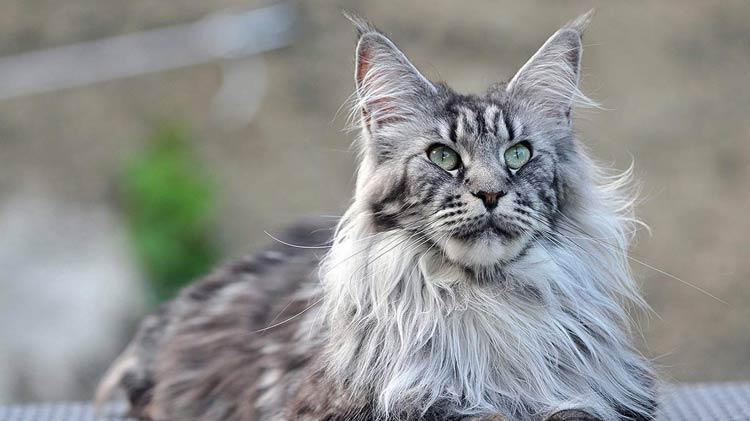
Lifespan expectations
The lifespan of a Maine Coon cat is typically between 12 to 15 years, although some have been known to live even longer with proper care. Several factors influence their longevity, including genetics, diet, and overall health management. Regular veterinary check-ups and a healthy lifestyle are crucial to ensuring your Maine Coon enjoys a long, fulfilling life.
Essential care tips for full grown Maine Coon cats
Nutrition and diet
Providing the right diet is essential for maintaining the health and vitality of your Maine Coon. These large cats require a diet rich in high-quality proteins and fats to support their muscle mass and energy levels. Look for cat food that lists meat as the primary ingredient and includes essential nutrients like taurine, omega-3 fatty acids, and antioxidants. Avoid foods with excessive fillers and artificial additives, as these can lead to health issues over time.
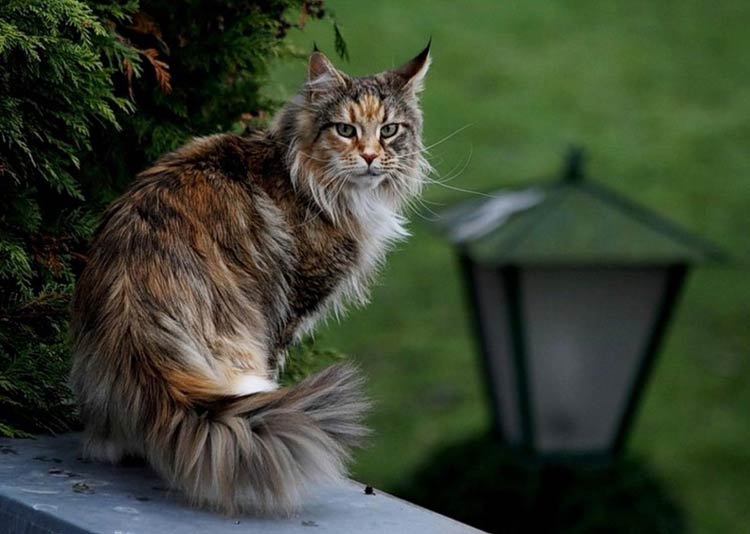
Grooming needs
Grooming a Maine Coon is a crucial part of their care routine. Their thick, long fur requires regular brushing to prevent matting and reduce shedding. Aim to brush your cat at least two to three times a week using a high-quality brush or comb designed for long-haired breeds. Additionally, regular baths can help keep their coat clean and free from dirt and debris. Don’t forget to trim their nails, clean their ears, and check for any signs of dental issues.
Exercise and play
Maine Coons are playful and active cats that need regular exercise to stay healthy and happy. Engage your cat in interactive play sessions using toys that stimulate their hunting instincts, such as feather wands, laser pointers, and puzzle toys. Providing climbing structures like cat trees and shelves can also help keep them physically active and mentally stimulated. Regular playtime not only strengthens the bond between you and your cat but also prevents obesity and related health problems.
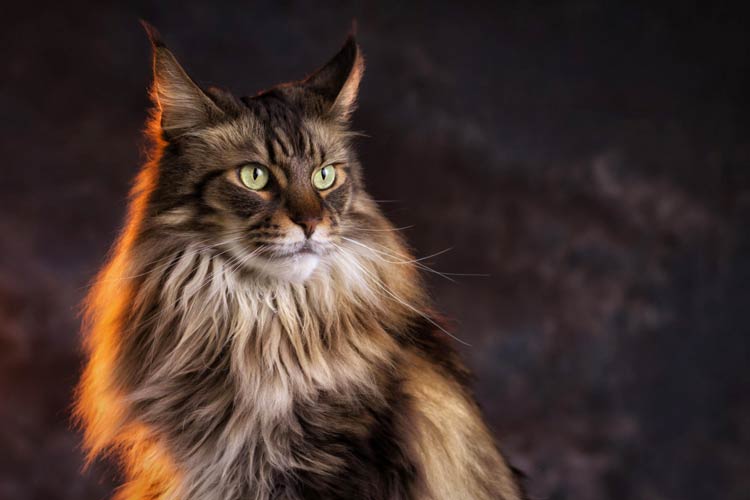
Health considerations for Maine Coon cats
Common health issues
Despite their robust nature, Maine Coons are prone to certain genetic health conditions. Hip dysplasia, a condition affecting the hip joints, can cause discomfort and mobility issues. Hypertrophic cardiomyopathy (HCM), a heart disease that affects the heart muscles, is also relatively common in this breed. Regular veterinary check-ups and early detection are key to managing these conditions and ensuring your cat’s well-being.
Regular vet visits
Routine veterinary care is essential for maintaining your Maine Coon’s health. Schedule annual check-ups to monitor their overall health, update vaccinations, and address any potential health concerns. Regular blood tests and dental cleanings are also important to detect and prevent common health issues. By staying proactive with your cat’s health care, you can help them live a longer, healthier life. Monitoring their health diligently can positively impact the Maine Coon cat lifespan, allowing them to thrive and enjoy their lives to the fullest.
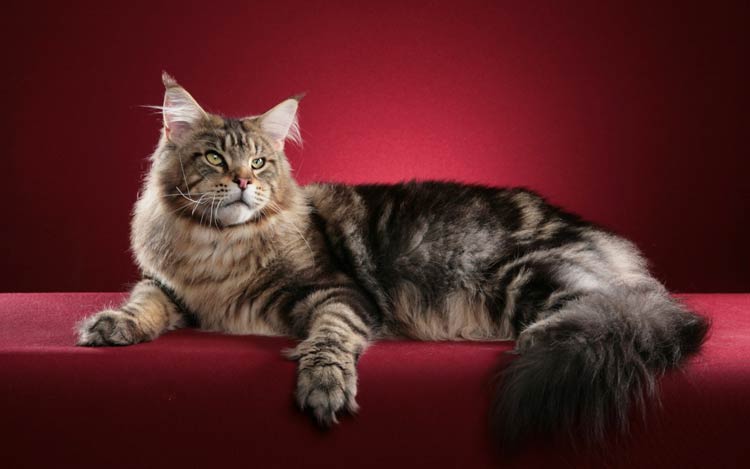
Socialization and behavior
Understanding Maine Coon temperament
Maine Coons are known for their friendly and sociable nature. They are often described as “gentle giants” due to their large size and affectionate personalities. These cats enjoy the company of their human family members and get along well with other pets. They are also known for their intelligence and curiosity, making them quick learners and engaging companions.
Training and discipline
Training a Maine Coon is usually a straightforward process, thanks to their intelligence and willingness to please. Start with basic commands such as “sit,” “stay,” and “come,” using positive reinforcement techniques like treats and praise. Litter box training is typically easy, but ensure the litter box is clean and accessible at all times. If your Maine Coon exhibits any undesirable behaviors, address them with patience and consistency to encourage positive habits.
Conclusion
Caring for a full grown Maine Coon cat requires dedication and attention to their unique needs. By understanding their history, physical characteristics, and health requirements, you can provide the best possible care for your feline friend. From proper nutrition and grooming to regular veterinary visits and engaging playtime, each aspect of their care contributes to a long, happy, and healthy life. Embrace the journey of owning a Maine Coon and enjoy the companionship of these magnificent cats.
